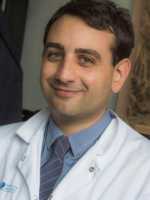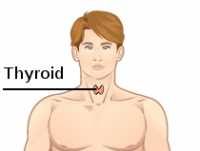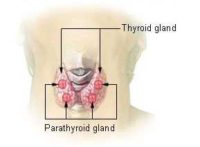Endocrinology, Thyroid Disease / 19.01.2025
Thyroid Myths Debunked: The Need for Expert Diagnosis and Treatment
Thyroid issues are among the most misunderstood health conditions today. Many people are unaware of how critical the thyroid gland is to overall health and often fall victim to myths and misinformation. This can lead to delayed diagnosis, improper treatment, and worsening symptoms. This article emphasize the importance of expert diagnosis, and explore effective treatments for thyroid disorders.


















